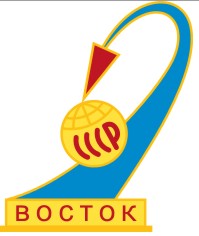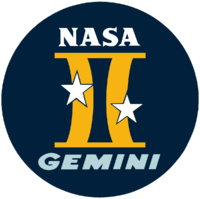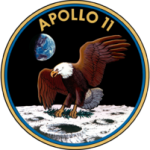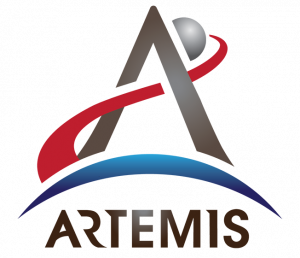Orbital will feature three levels of achievement that student teams self-select. Prospective teams need to indicate their preferred level of achievement when they express their interest in the programme. The level for each team will be finalized shortly after the workshop/hackathon session, and students will be notified of the outcome.

Восто́к (Vostok) (Easy/Beginner) – Complete a basic web application (or a Telegram bot) with a database backend. Perform basic self-testing on the system. Provide basic documentation (i.e., project report, poster and video). Make all the required submissions. Complete the monthly peer-grading exercises. Must score a minimum of 2 stars on feedback given to other teams and on own peer-graded project. Must show evidence of development progress in all three months of the programme. (Note: This level of achievement is no longer available for attempt from Orbital 23 onwards. All teams are required to start with Project Gemini or above.)
(Восто́к was name of the series of spaceflight program started by the Soviet Union which was the first to successfully launch a human, Yuri Gagarin, into space, and return him safely to Earth).

Project Gemini (Intermediate) – Custom project defined by the student team. Completes the requirements for Vostok and extends it further with a good set of core features. Perform comprehensive self-testing on the system. Provide proper documentation. Must score a minimum of 2 stars on feedback given to other teams. Must score a minimum of 3 stars on own peer-graded project.
(Gemini was the second manned spacecraft programme by the USA. It launched ten missions between 1965-1966. Neil Armstrong cut his chops in Project Gemini before returning in the USA’s Project Apollo series of missions.)

Apollo 11 (Difficult/Advanced) – Custom project defined by the student team. Must fulfill requirements of Project Gemini while extending further, such as including social integration, mobile client, iterative usability testing, application-specific feature extensions, multiple / administrative frontends, downloading of user data. Perform comprehensive self-testing and basic user testing on the system. Provide detailed documentation. Must show some evidence of software engineering. Must score a minimum of 3 stars on feedback given to other teams. Must score a minimum of 4 stars on own peer-graded project.
(Apollo 11 was the first mission by the US NASA agency to land a human on the moon, and safely return him to Earth. The distinction of being the first men on the moon belongs to Neil Armstrong and Buzz Aldrin.)

Artemis (Extreme) – Custom project defined by either the student team or the mentoring staff. Must fulfill requirements of Apollo 11 while extending further to include even more complex features. Perform comprehensive self-testing and user testing on the system. Provide high-quality, detailed documentation. Must show strong evidence of software engineering. Must score a minimum of 4 stars on feedback given to other teams Must score a minimum of 5 stars on own peer-graded project.
(Artemis is an ongoing mission to land astronauts on the Moon, and to eventually take the next giant leap – sending astronauts to Mars. )
The selection of the difficulty level is binding in the case of teams opting to do Artemis with external mentorship; i.e., student teams that elect to do A11 and but do not complete the necessary achievements as judged by the mentoring staff may be deemed to have failed the course. This because mentorship involves industry professionals and/or student mentors (i.e., costs manpower to run).
We do encourage inspired students to try for this highest level of achievement, as this will enhance their programming capabilities and inspire a higher level of confidence. Students who complete Apollo 11 or Project Gemini may opt to continue this line of development in future coursework in the School’s set of Entrepreneurship courses.
Important Revisions
2022 – Updated the requirements for each level.
2020 – Added Artemis and set it as the only level eligible for mentorship.
2017 – Removed PG as eligible for mentorship.
2016 – Added PG as eligible for mentorship.
2015 – Added NOC credits for PG and above.
(Insignia: courtesy Wikipedia)
